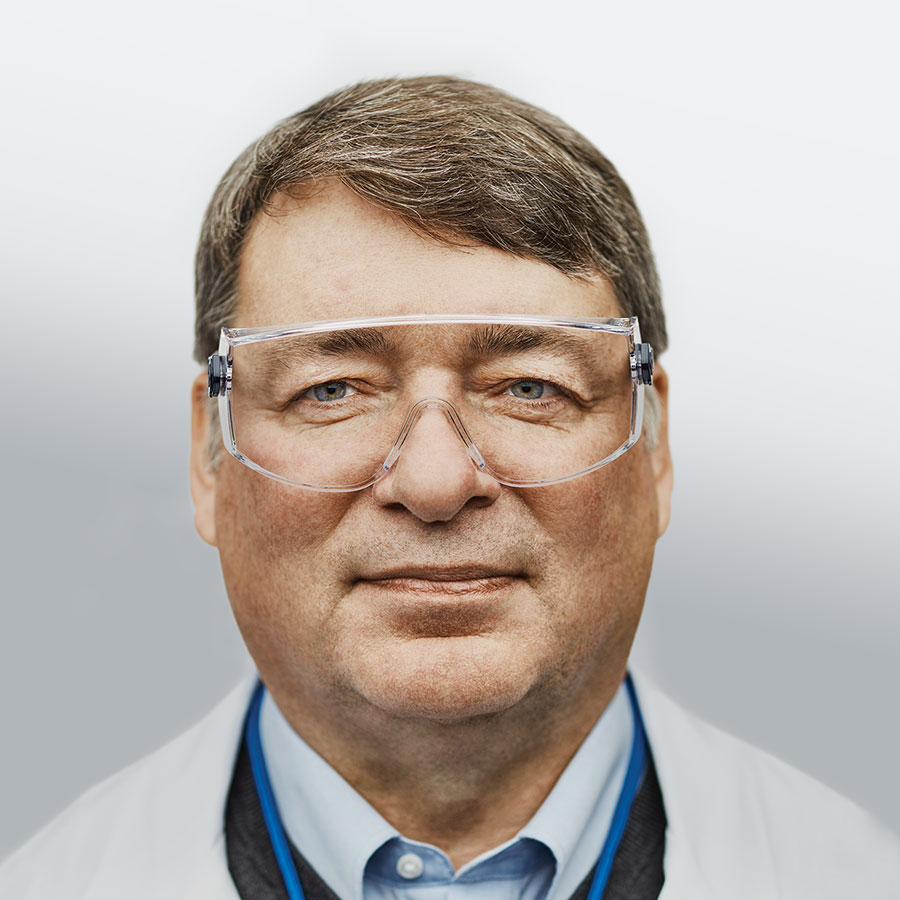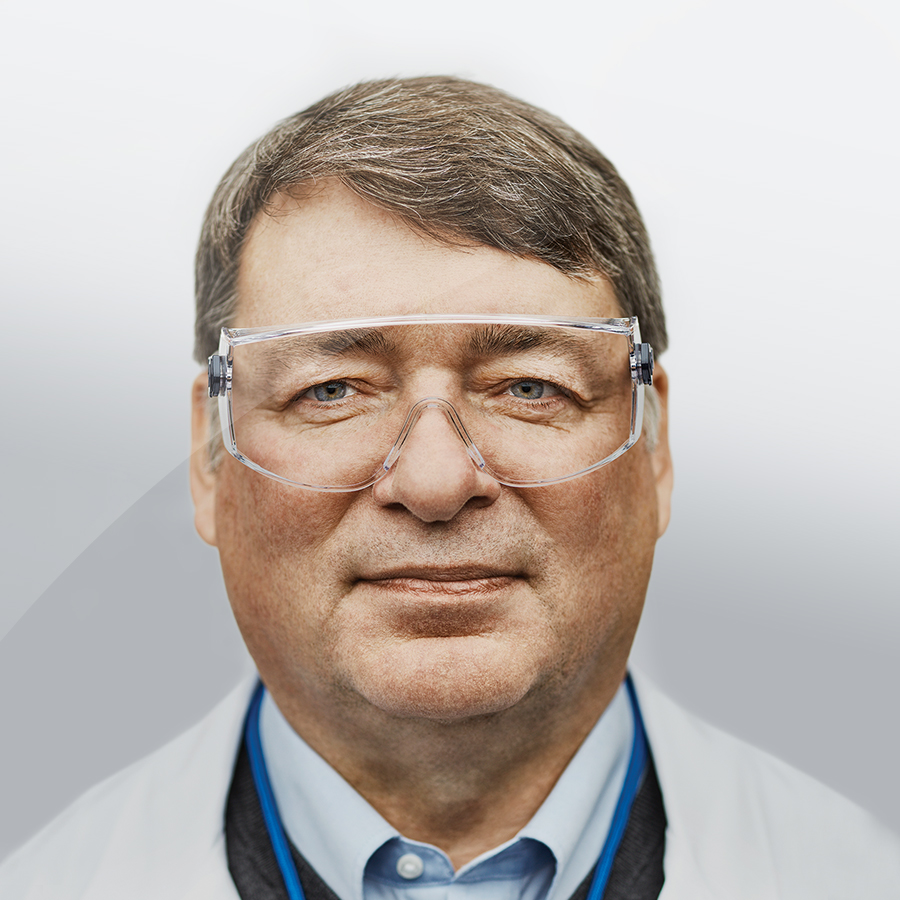Daily Discoveries
Ian leads the Small Molecule Discovery Group at Teva Pharmaceuticals, where he is focused on drug discovery for neurological and neurogenerative diseases, such as Parkinson’s and multiple sclerosis (MS). With a background in pharmacology — the study of a drug’s actions and effects on the body — Ian has spent his career researching diseases of the brain, both in an academic and industry setting. Today, he and his team at Teva are responsible for making and testing new drug molecules before they go to clinical trials to be studied in humans.


